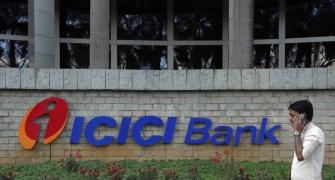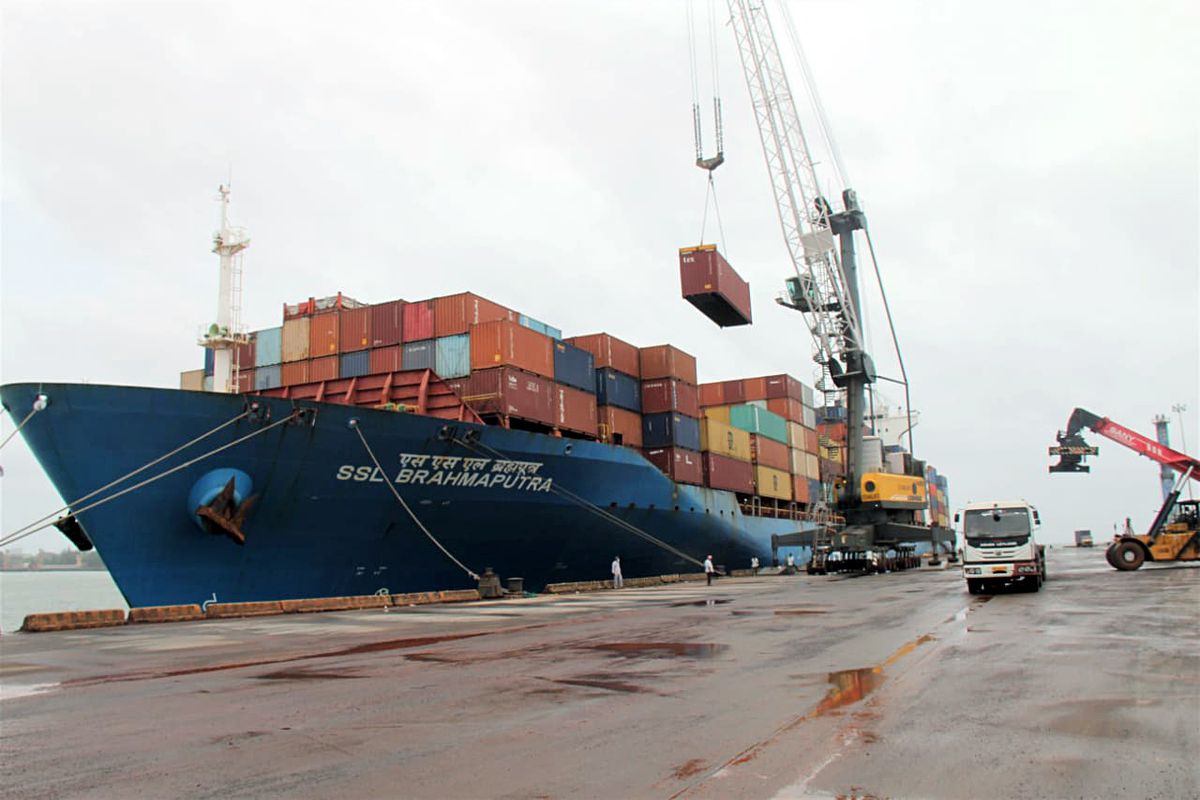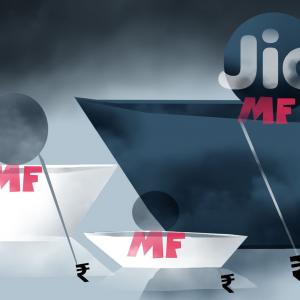Mergers and acquisitions (M&As) in India are expected to stay buoyant, seen over the last three-four years, despite a slowdown in the first seven months of the calendar year.

“M&A is a lumpy business activity, and we may suddenly see large deals taking place during the next two quarters of the calendar year.
"This would help maintain the streak of strong M&A activity.
"This sustainable trajectory over the medium term will be led by private equities (PEs), who are investing billions of dollars to acquire local companies.
"They would be implementing best global practices in the acquired companies, thus increasing their value over time,” said S Ramesh, managing director (MD) and chief executive officer (CEO), Kotak Investment Banking.
"Overall, healthcare, financial services, energy and manufacturing are some of the themes playing out in the broader M&A space,” he said.
“We are witnessing financialisation of corporate India due to the avalanche of private capital coming in.
"In the last two-three years, PE investors have been taking controlling positions in listed companies.
"This is in addition to their investment in unlisted subsidiaries and private companies.
"Many of these private investors have been able to demonstrate exit at high valuations, thereby giving confidence around sustainability and depth of the Indian market,” said Ramesh.
These investors continue to ideate and evaluate a number of investment opportunities, which may result in new deals.
“We expect financialisation to lead to a larger number of companies, which are professionally managed, backed by either PEs or institutional investors.
"This is in contrast to an ecosystem dominated by promoter-driven companies,” he said.
Ramesh said the value of current investments by both foreign portfolio investors (FPIs) and PEs would be around $800-900 billion.
Of this, $250-300 billion would be invested by PEs and the remaining by portfolio investors.
“I see that proportion changing drastically.
"Over the next five years, the proportion of PE capital in this pool is likely to go up significantly,” he said.
Indian assets are seeing strong interest among buyers — that is, domestic corporates, overseas strategic investors and financial investors.
A few recent large deals include Titan’s acquisition of CaratLane for $560 million and acquisition of Route Mobile by Proximus Group of Belgium for $1 billion, Ramesh said.
Temasek’s acquisition of Manipal Health for $2 billion, Baring EQT’s HDFC Credila buy, and Brookfield’s acquisition of Avaada Energy stake for $1 billion are some other big deals so far.
“Primary markets may have been subdued in the initial months of 2023 but have shown an uptick in the recent past.
"We remain optimistic that we are witnessing an early bull run in the primary markets, which is likely to sustain.
"This could help clear a large part of the initial public offering (IPO) pipeline — both current and new,” added Ramesh.
Some big-ticket IPOs to hit the markets include JSW Infrastructure, Go Digit, Tata Technologies, RR Kabel, Samhi Hotels, India Shelter and Cello World.
Sell-down activity in listed stocks has also seen a sharp uptick and is likely to sustain.
A large number of companies listed in the last three-five years have high institutional shareholding.
A sell down is a good route for exits by both private market investors and public market investors, said Ramesh.
These sell downs help improve liquidity, deepening equity markets and reducing impact costs.
During volatile secondary markets, investors have been more comfortable investing in listed companies, which led to an interest in equity sell downs.
As secondary markets stabilise, primary markets will also gain from this stability.
PE investors and promoter sales have largely dominated the equity sell-down activity over the last two years.
In fact, many private equity investors have been jubilant with the success achieved through sell downs on secondary markets.
This opens up sustainable alternative routes to exits through mergers and sale to other PE investors.
Ramesh said rising equity sell-down activity is not new.
“The trend started from calendar year 2022, owing to exit by PE investors in tech IPOs in 2021.
"While 2022 saw sell downs largely in tech stocks, this year’s sell downs are more diversified,” he said.









